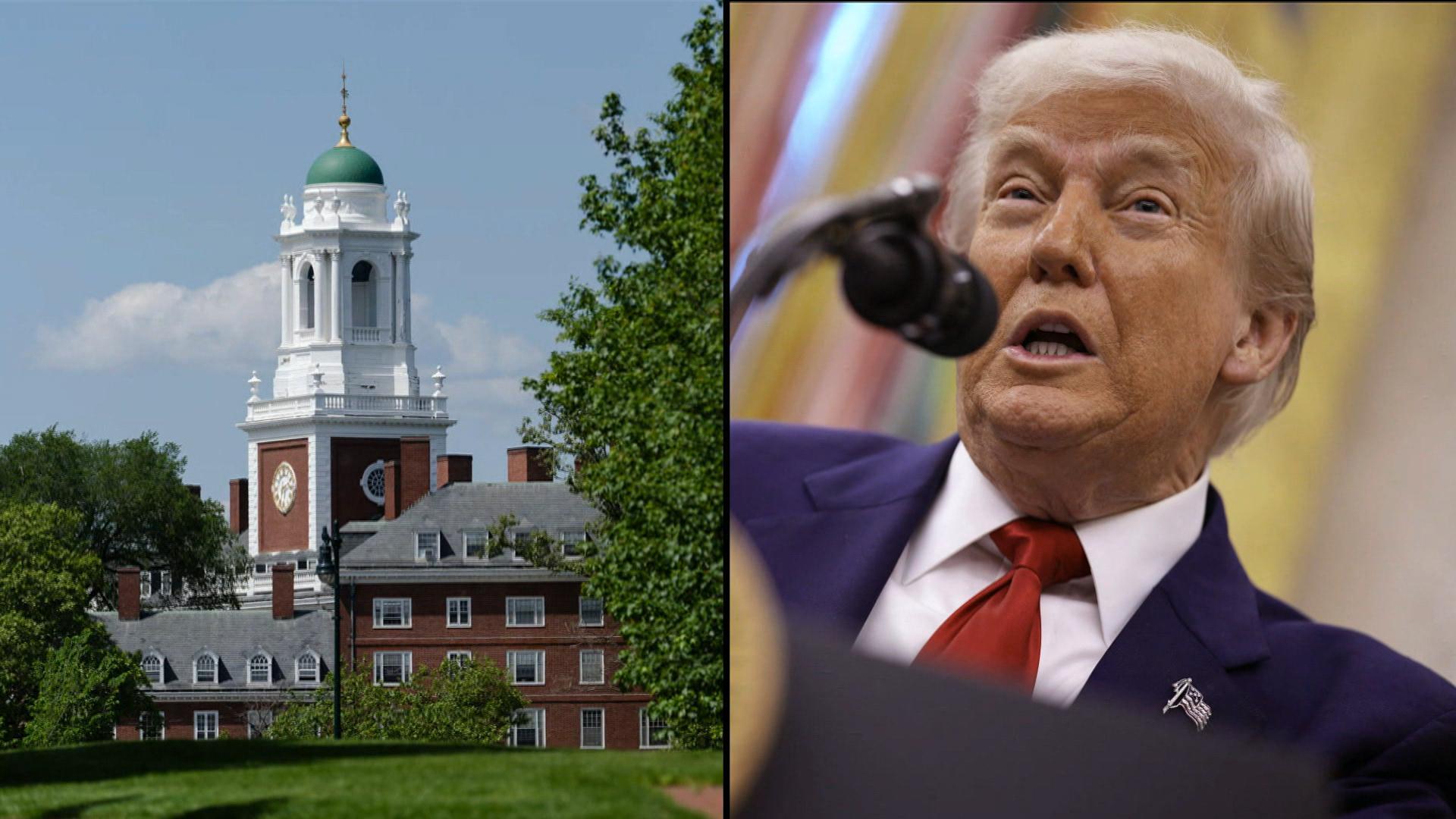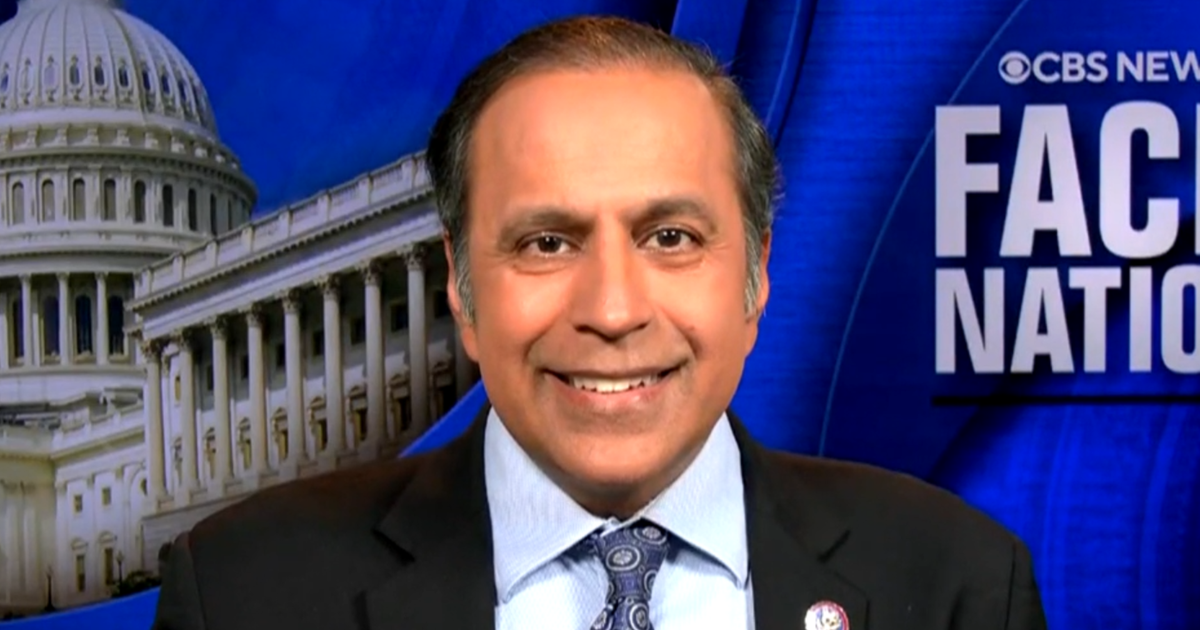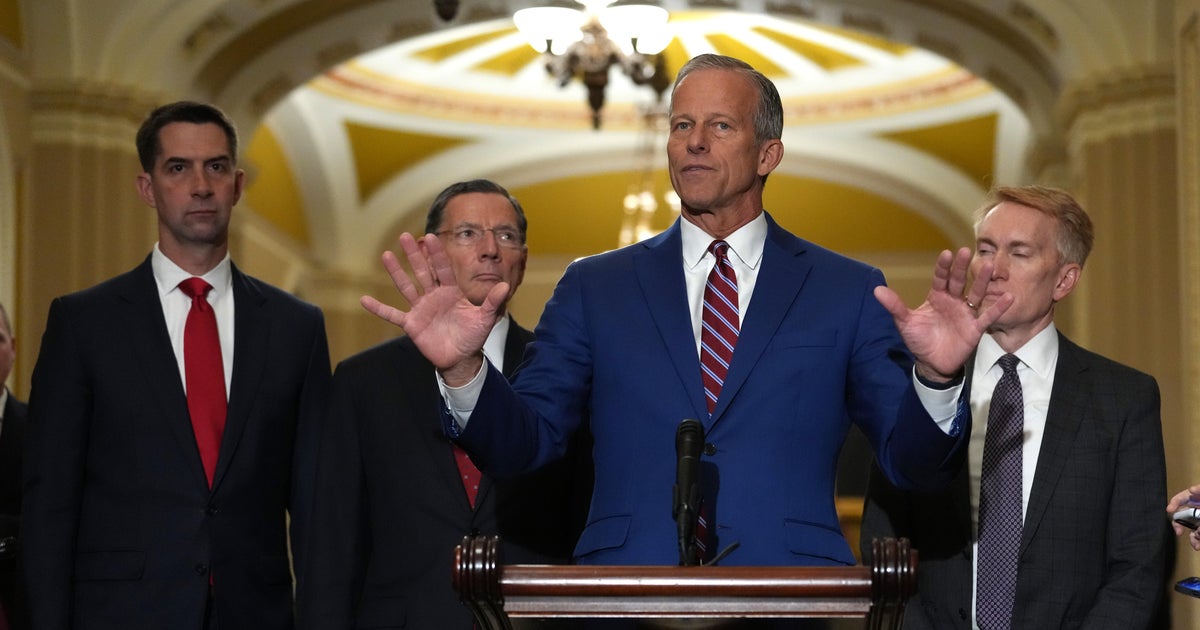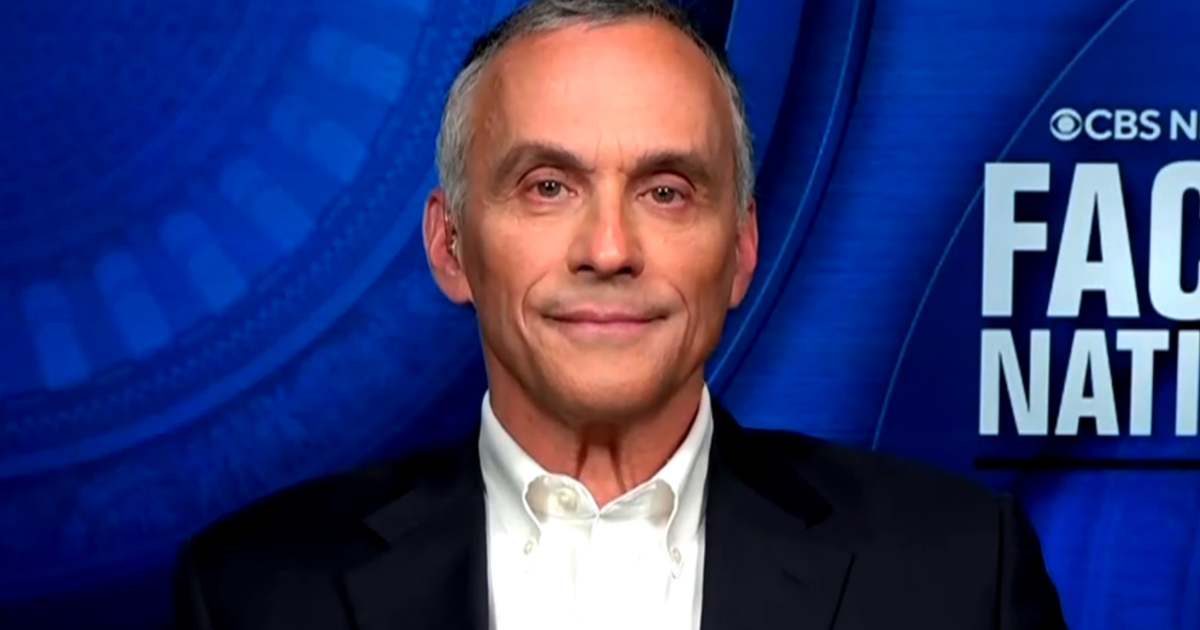Trump's State Department orders "additional vetting" for anyone wanting to come to Harvard
The State Department has told U.S. embassies and consulates to expand vetting for all visa applicants who wish to come to Harvard University, including visitors as well as students, according to an email obtained by CBS News.
In an internal email dated May 29 and sent by Secretary of State Marco Rubio's office to all U.S. diplomatic and consular posts, consular officers were told that this "additional vetting" applies to anyone wanting a visa to come to Harvard for "any purpose." That includes current or prospective students, faculty, employees, contractors, guest speakers and even tourists, per the email.
The email told consular officers to "conduct a complete screening of the online presence of any nonimmigrant visa applicant seeking to travel to Harvard University for any purpose." Officers should also "consider whether the lack of any online presence, or having social media accounts restricted to "private" or with limited visibility, may be reflective of evasiveness and call into question the applicant's credibility."
The email said consular officers can also request applicants to set their social media accounts to "public" for vetting purposes.
Notably, the email states that the new vetting procedure for Harvard will also serve as a "pilot for expanded screening and vetting" of visa applicants "generally," including for student visas. The State Department "may announce similar measures for other groups of visa applicants as appropriate, and in accordance with U.S. law".
A State Department spokesperson confirmed to CBS News on Monday the Trump administration has ordered "additional vetting of any visa applicant traveling to Harvard University," with a goal of identifying applicants "with histories of anti-Semitic harassment and violence." The spokesperson added the measures "may also be expanded to other groups of applicants, as appropriate."
A source familiar with the email who was granted anonymity to speak freely told CBS news that it will likely be difficult to implement the vetting instructions uniformly across all US consular sections around the world, and for all universities assuming this pilot process gets expanded to foreign applicants for other U.S. colleges.
Earlier this week, the State Department told embassies it was preparing for "expanded social media vetting" of student visa applicants, according to a cable obtained by CBS News. The department ordered a halt to new student visa appointments in the interim.
"We take very seriously the process of vetting who it is that comes into the country, and we're going to continue to do that," State Department spokesperson Tammy Bruce said in response to the visa appointment freeze earlier this week.
The stricter vetting procedure now targeting America's leading global university is the result of two executive orders signed by President Trump: One that for visas, and one on antisemitism, per the email. The State Department spokesperson said the school has "failed to maintain a campus environment free from violence and anti-Semitism."
The Trump administration has taken aim at Harvard in recent weeks, accusing it of failing to respond to what it views as rampant antisemitic activity on campus.
Last week, the administration sought to take away Harvard's ability to enroll foreign students — a significant threat for a school where just over one in four students are international. The order was blocked by a judge following a lawsuit from Harvard. The Trump administration has also frozen federal funding to the Ivy League school.
Meanwhile, the Trump administration tried to revoke the student visa status of thousands of international students, many of whom appeared to draw the government's attention due to minor legal infractions. That policy was halted by a judge.
Rubio said Wednesday the State Department will "aggressively revoke" visas for some Chinese international students, including those studying in "critical fields" and people with links to the Chinese Communist Party. China's embassy in the U.S. called the move "politically motivated and discriminatory."
And some international students who participated in pro-Palestinian protests have faced detention, under a law allowing the government to revoke visas for anyone deemed to pose "adverse foreign policy consequences."
When asked by reporters Friday whether he supports international students studying in the U.S., Mr. Trump said he does: "We want to have great students here, we just don't want students that are causing trouble."
"I don't think Harvard's been acting very nicely," Mr. Trump said, reiterating his call to redirect funds from Harvard to trade schools. "Harvard's trying to be a big shot."



